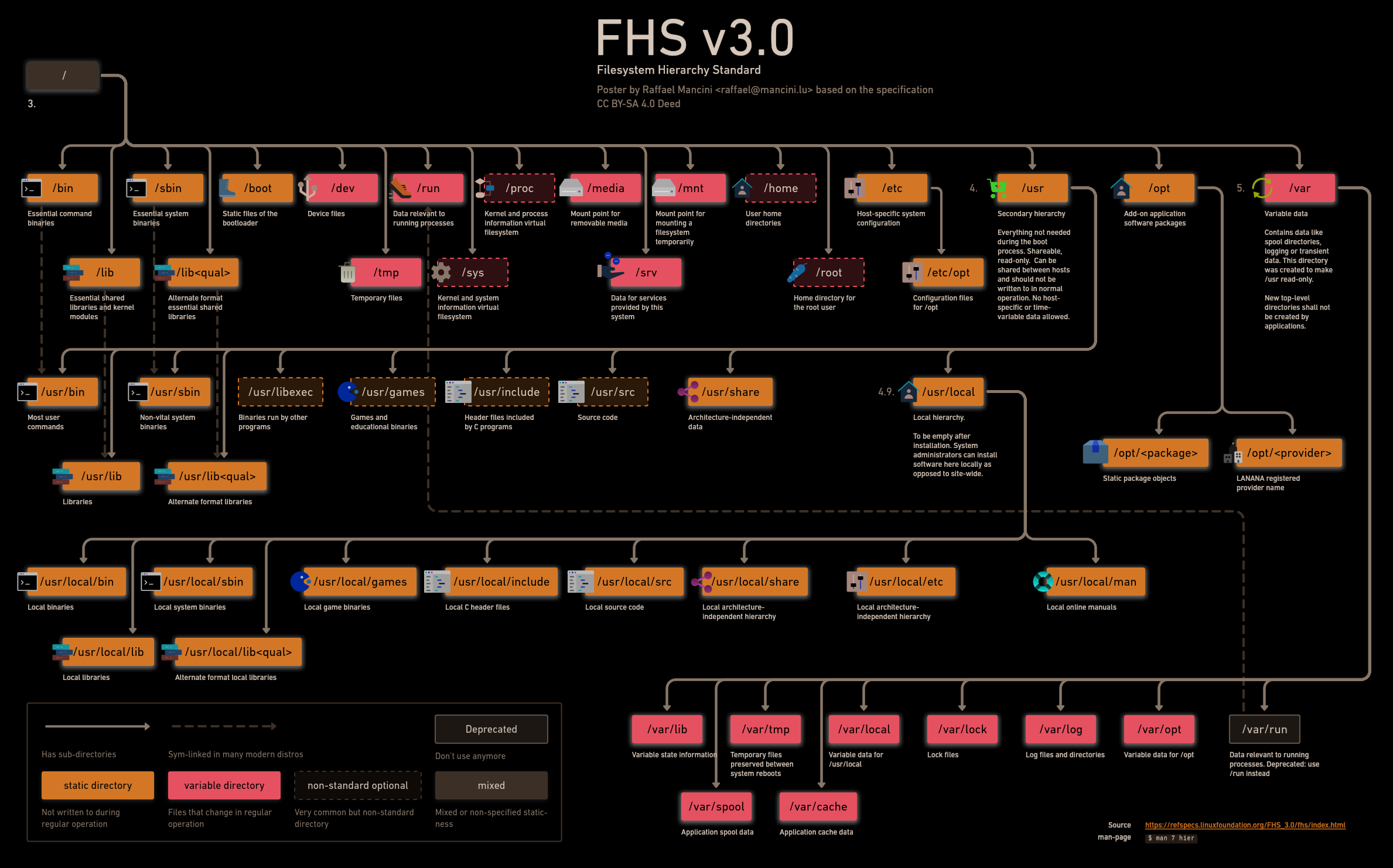Selfhosted
A place to share alternatives to popular online services that can be self-hosted without giving up privacy or locking you into a service you don't control.
Rules:
-
Be civil: we're here to support and learn from one another. Insults won't be tolerated. Flame wars are frowned upon.
-
No spam posting.
-
Posts have to be centered around self-hosting. There are other communities for discussing hardware or home computing. If it's not obvious why your post topic revolves around selfhosting, please include details to make it clear.
-
Don't duplicate the full text of your blog or github here. Just post the link for folks to click.
-
Submission headline should match the article title (don’t cherry-pick information from the title to fit your agenda).
-
No trolling.
Resources:
- selfh.st Newsletter and index of selfhosted software and apps
- awesome-selfhosted software
- awesome-sysadmin resources
- Self-Hosted Podcast from Jupiter Broadcasting
Any issues on the community? Report it using the report flag.
Questions? DM the mods!
view the rest of the comments


But when I mount a shared /usr on a remote machine it will always have the mount point /usr/local as empty folder - and either have an empty folder or have a mount target that is dependent on a network resource - that's why for me it's so unintuitive.
But then again I started with network stuff way more than a decade after all this got created 🤣
~~I think the idea at the time was that if /usr is unavailable, you won't be doing much with the system anyway (other than fixing the configuration).~~
Nevermind, apparently the original meaning had nothing to do with a network (TIL for me), so our discussion is kinda moot. See section 0.24 in this 2.9BSD (1983) installation guide
Ohhh now that is awesome and makes sense! Thanks a lot for that find :)